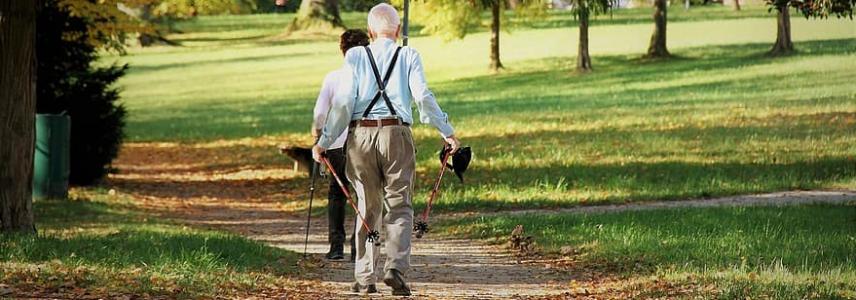European baby boom travellers: An interesting tourism market

The negative impact of the coronavirus pandemic on the global tourism sector is very clear. So, this is the time to rethink your proposition, reconsider your strategy, and develop new tourism products. A target group that may become very interesting in the longer term is the European baby boomer market.
Now is the time to think about the future
The COVID-19 pandemic has had a devastating effect on the tourism industry. According to the World Tourism Organization (UNWTO), tourism has been affected the most out of all big economic sectors. Globally, the estimation is that this will lead to a loss of 850 million to 1.1 billion international tourist arrivals. This will especially affect developing countries. For 42 out of the 47 least developed countries, tourism is one of the most important sectors in the economy.
For you, as a tourism supplier, the pandemic required an immediate response. This meant mainly cutting costs and securing liquidity for the longer term. Read the CBI report on how to react to COVID-19 to learn more about actions you should take. But after you have done so, it is time to look forward. Due to the lack of current clients, this may be the perfect time to develop new tourism products for alternative markets. When tourists start to come back, you may not have the time to develop new products.
Baby boomers provide an interesting market
The European baby boomer generation is an interesting target group to focus on. These travellers are generally wealthy and tend to spend more on their holidays than younger generations. Globally, they travel 4-5 times per year for leisure purposes. In Europe, this number is even higher. Because baby boomers tend to travel off-season, they can offer a relatively stable tourism flow. By 2025, the generation born between 1946 and 1964 will account for 20% of the European population, thus providing a huge market.
In the European Union, Germany, the United Kingdom and the Netherlands offer most the opportunities. Baby boomers are interested in luxurious trips, multigenerational travel and cruise tourism. Unlike previous generations, baby boomers have a preference for active holidays to remain fit.
Adapting your offering
To attract baby boomers, your offer needs to include a certain level of comfort. It does not need to be luxurious as such, but baby boomers have a higher need for comfortable beds, a quiet room and smooth transport. The good thing is that this target group is also willing to pay for the extra comfort. Even more important than comfort are the safety measures against the coronavirus. You may think your services are safe, but you also need to convince your market that they are.
The IMF predicts economic growth for most European countries from 2021. But, we expect the baby boom tourism market to recover slower, as baby boomers are a high-risk category for the coronavirus. When travel is considered safe, we expect the baby boom market to recover quickly. Baby boomers are eager to travel and want to do so while still in good health. Opportunities for this market will thus mainly be long-term. In the meantime, you may consider offering your products to the domestic baby boom market, as well as regional markets.
For more information, read the new CBI study: The European market potential for baby boom tourism.
This news article was written for CBI by Molgo and ETFI.
Stay Informed
To stay informed on the latest developments in the tourism sector, make sure to subscribe to our newsletter.